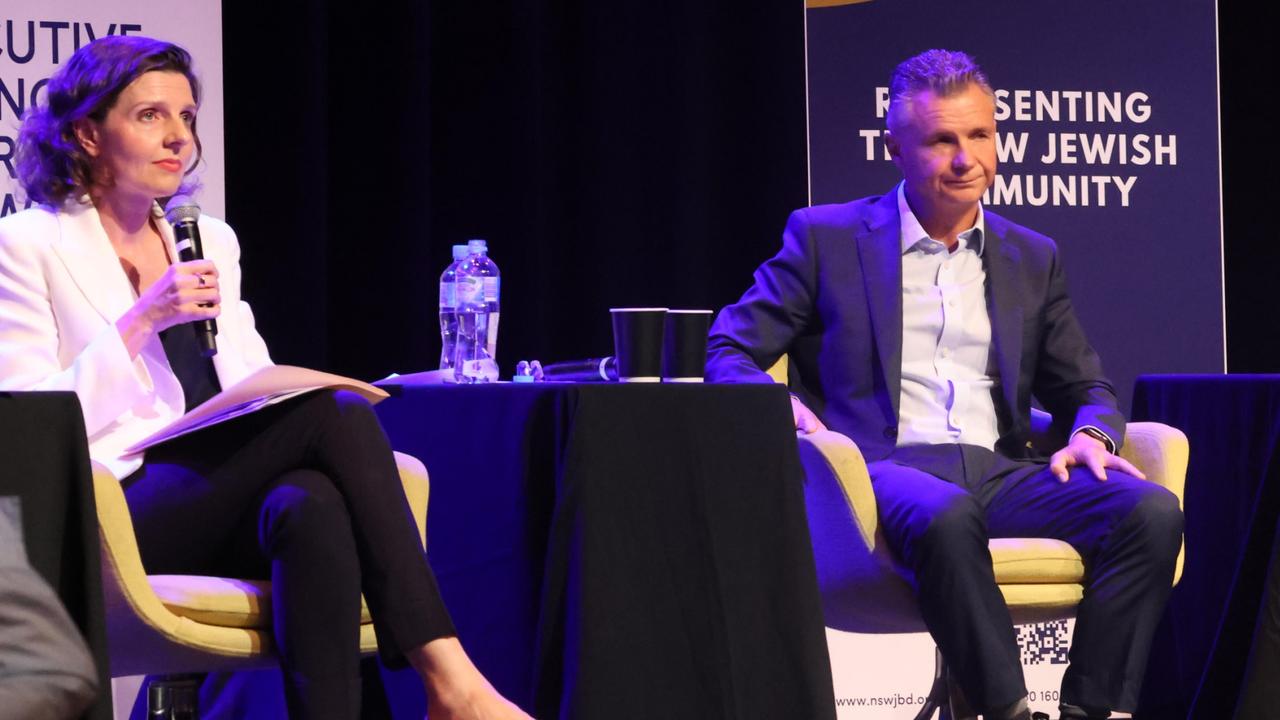Check all of ACT DPP Shane Drumgold cases, urge legal experts
The ACT government is under pressure to conduct an inquiry into previous cases prosecuted by Shane Drumgold, following the damning Sofronoff findings.
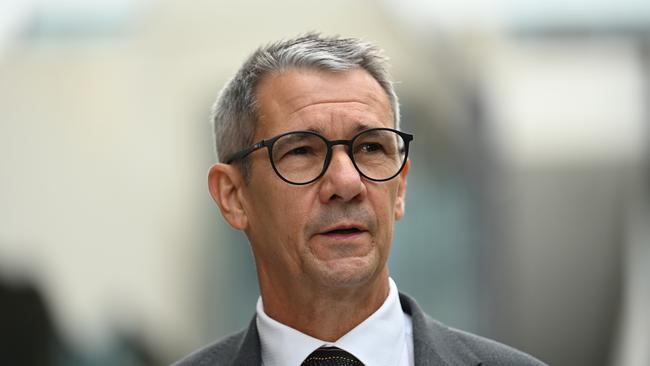
The ACT government is under pressure to conduct an inquiry into previous criminal cases prosecuted by Director of Public Prosecutions Shane Drumgold, following damning findings by the Sofronoff Inquiry that he knowingly lied to the Supreme Court and engaged in serious malpractice and grossly unethical conduct.
Several senior barristers and retired judges said it was incumbent upon the government to scrutinise Mr Drumgold’s past prosecutions in light of the findings by inquiry chair Walter Sofronoff KC that the DPP had lost objectivity during the prosecution of Bruce Lehrmann for the alleged rape of Brittany Higgins and “did not act with fairness and detachment as was required by his role”.
Former NSW Supreme Court judge Anthony Whealy KC said a review of past cases involving Mr Drumgold was necessary and that the case was a stark reminder that prosecutors had to be balanced and impartial.
“They have to uphold the standards of prosecutorial action on the one hand, and not discard them to get a win at all costs, which is what’s gone wrong here,” Mr Whealy said.
Mr Sofronoff’s findings were revealed by The Australian on Wednesday night but the ACT government has refused to release the 600-page report, which it was handed on Monday, until early next week.
The government had earlier said it would not release the report until the end of August but backflipped on Thursday following publication of the findings in The Australian.
The government suggested some media outlets had been provided with a copy of the report by the Board of Inquiry and had breached an embargo.
The Australian did not break an embargo and will not reveal the source of the leak.
“The ACT is confident the report, either in draft or final form, was not obtained by media from government,” said a spokesperson for the government.

“This release was not authorised by or communicated to government prior to this release.”
The spokesperson said ACT Attorney-General Shane Rattenbury was in contact with Mr Drumgold “in relation to the findings relating to him”.
Mr Drumgold had earlier told The Australian: “Unfortunately, I have neither seen the report, nor have I been informed of any content, so I am not in a position to respond.”
Mr Sofronoff’s findings – which included that every one of the allegations made by Mr Drumgold that sparked the inquiry was baseless – are certain to end Mr Drumgold’s career as ACT DPP and may lead to criminal prosecution against him for perverting the course of justice, lawyers say.
ACT Chief Minister Andrew Barr declined to respond to questions from The Australian about whether he would institute a review or audit of criminal cases handled by Mr Drumgold to ensure they met the ethical and legal standards required of the ACT Office of the DPP.
Mr Barr also declined to state whether his government was confident that Mr Drumgold had handled all previous cases he prosecuted as ACT DPP in an ethical and lawful manner.
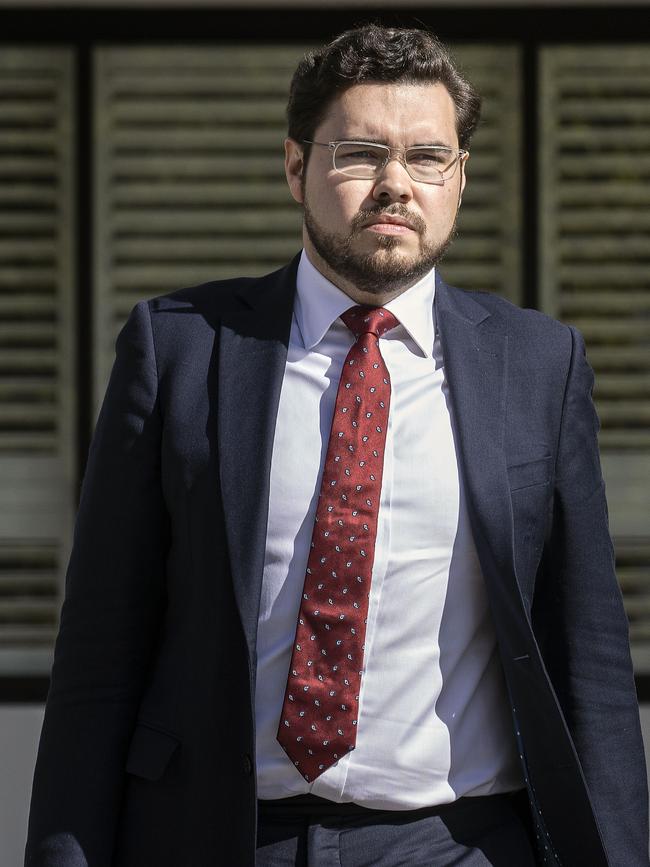
Mr Whealy, who is also chair of the Centre for Public Integrity, said: “This must surely raise issues about other cases that have gone on in the ACT and I would take that extra step and say I think it requires all the states to reflect on past trials and look to the future by reinforcing the prosecutorial rules with the utmost rigour.
“Misleading the court should never happen – even if it hurts your case, you’ve got to tell the court – and that didn’t happen here. The duty of disclosure is fundamental to the prosecution system and to hold back documents that may assist the defence is a cardinal error.
Mr Whealy said it would be traumatising, particularly for sexual assault victims, to have Mr Drumgold’s cases rehashed in the courts “but nevertheless it has to be done because if standards in the ACT have fallen this far then I think a review of past cases, at least where he’s been involved, is necessary”.

Another former Supreme Court judge said Mr Drumgold “plainly should be struck off, and if he doesn’t resign he should unquestionably be removed as DPP because the ACT is going to be under all sorts of obligations to pay money; and in the criminal area, it was plainly perverting the course of justice”.
Mr Drumgold might face charges relating to the common-law offence of misconduct in public office, “and it seems to me a number of things that he’s done amount to that”, the former judge said.
The Office of the DPP will now face a multimillion-dollar claim by Mr Lehrmann on the grounds of misfeasance in public office, the former judge said.
There might also be grounds for a case of malicious prosecution, even though Mr Sofronoff found that Mr Drumgold was justified in bringing the prosecution against Mr Lehrmann.
“Some of the things he did after starting the prosecution may extend to malicious actions not in good faith,” the former judge said.
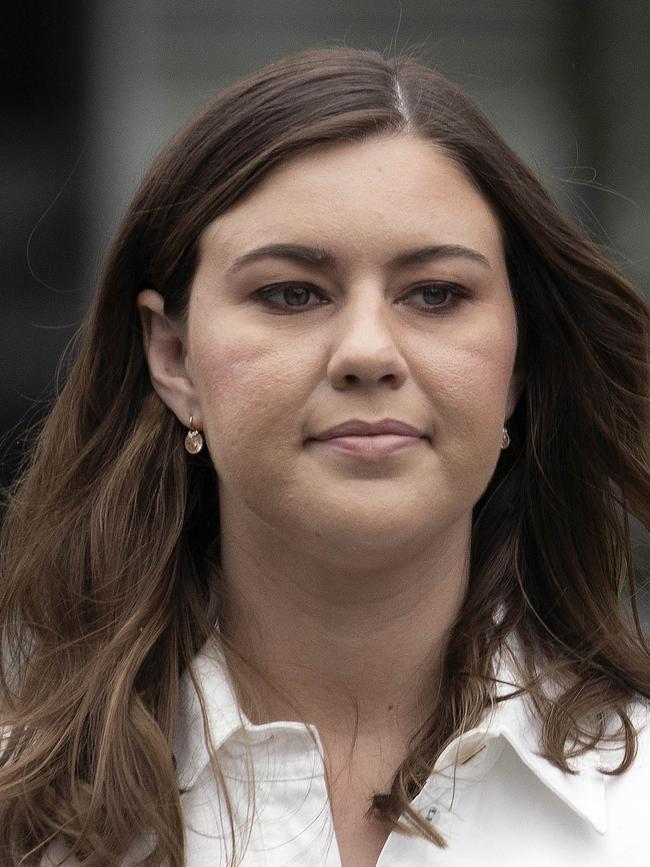
Lawyer Stephen Lawrence said he was confident that, having ordered the inquiry, ACT authorities would “deal appropriately with the wash-up”.
“I’d be surprised if it didn’t include some form of review of other cases that he’s prosecuted,” said Mr Lawrence, who is also a NSW Labor MP.
“There’s a question which is: were these apparent shortcomings a product of the tension and the passion and the competitiveness arising from such a high-profile trial and the national focus on it – or were they more a product of Mr Drumgold’s practice? And if it’s the latter, then obviously there would be a basis to think that this might have played out in other cases.”
Barrister and former Crown prosecutor Margaret Cunneen said: “It’s clear that Drumgold was motivated by his own politics in the Lehrmann case so it’s unlikely other cases will be affected.
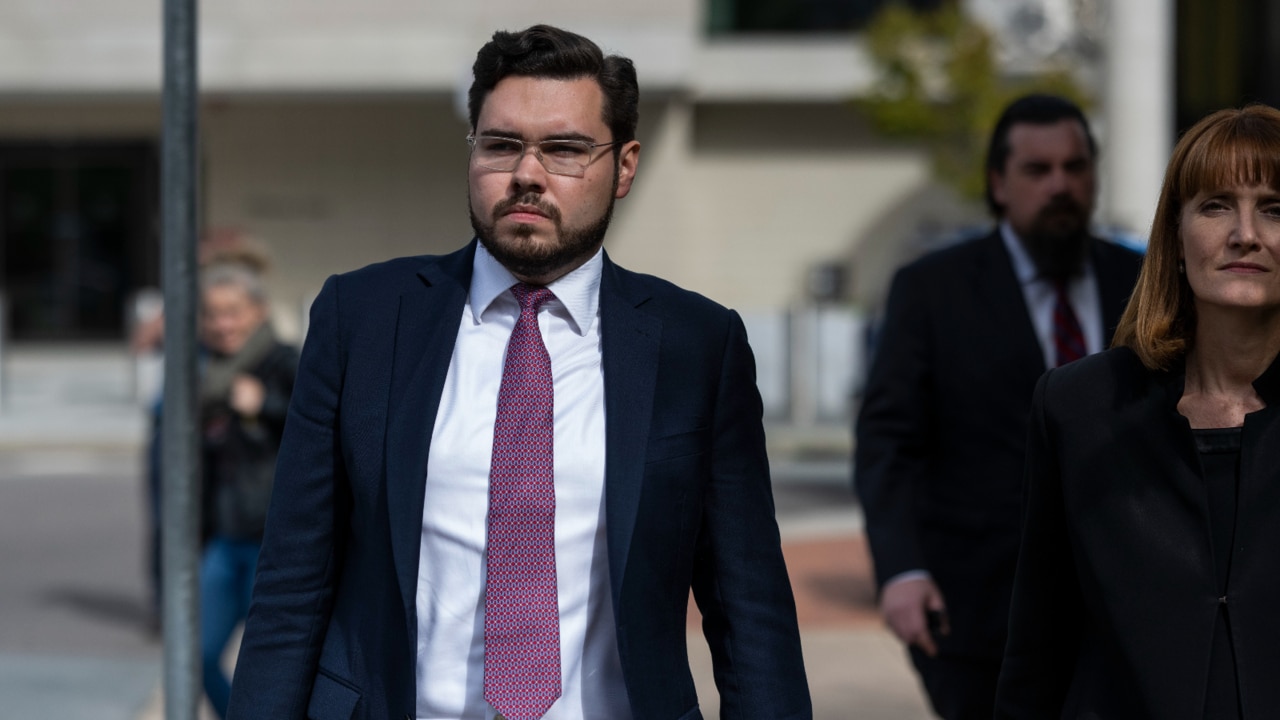
“However people who have been prosecuted by his office for sexual assault are likely to seek redress on the basis that he may have withheld exculpatory material in their cases due to his bias in favour of sexual assault complainants,” Ms Cuneen said.
Following the report’s leaking, Mr Lehrmann thanked his criminal defence team who he said had had their suspicions confirmed.
“I owe everything to the lawyers who have surrounded me. This is overwhelming and alarming reading,” Mr Lehrmann said.
“It is credit to Mr Sofronoff and his team for pulling back the covers and exposing what really is a dark chapter for the ACT Justice system. I will have more to say in due course as the full report is made public by the Chief Minister.”
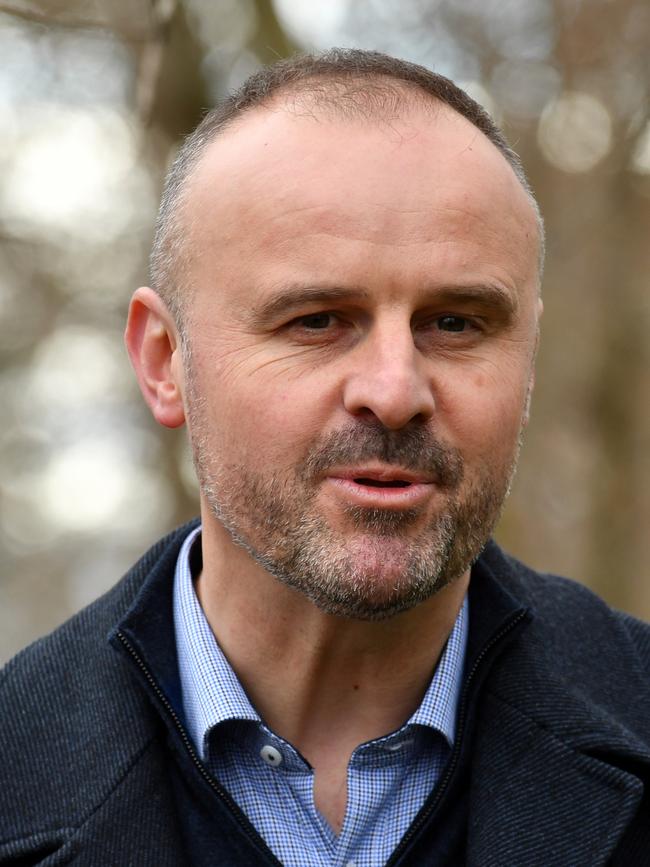
Mr Sofronoff found that although police had made mistakes in the case, some of which had caused Ms Higgins unnecessary pain, “none of these mistakes actually affected the substance of the investigation and none of them prejudiced the case”.
Australian Federal Police Association president Alex Caruana said that the public reporting confirmed the suspicions police held regarding the trial of Mr Lehrmann.
“We were always confident that the investigating officers had conducted a thorough and professional investigation from day one,” Mr Caruana said.
“It’s disappointing that valuable ACT taxpayer money was spent due to allegations now found to be wholly false and made up. There is no point in hiding or sugar-coating the information and recommendations. In some cases, it’s clear what needs to occur.”






